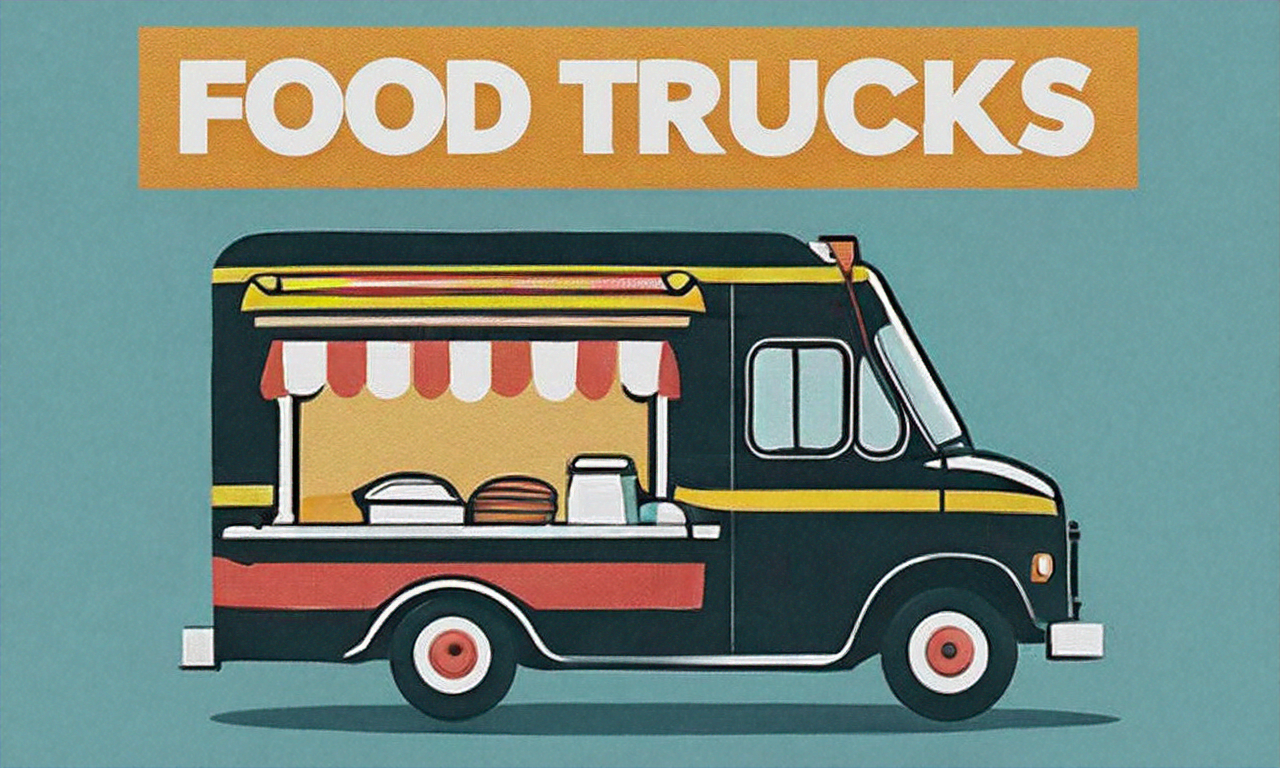How to Start a Food Truck Business: A Comprehensive Guide to Financing and Success
Starting a food truck business combines entrepreneurial spirit with culinary passion, offering a more flexible and affordable entry into the restaurant industry. This comprehensive guide explores the essential steps to launch your mobile food business, from securing financing to establishing a successful operation that can grow into a thriving enterprise.

Exploring Food Truck Financing Options
Several financing options are available for aspiring food truck entrepreneurs. Traditional business loans from banks and credit unions often require good credit scores and collateral. Alternative financing sources include equipment financing, SBA loans, and microloans specifically designed for small food businesses. Many successful food truck owners combine multiple funding sources to meet their startup needs.
Calculating Initial Investment Costs
The investment required to start a food truck business varies significantly based on location and concept. Here’s a detailed breakdown of typical startup costs:
| Expense Category | Cost Range | Notes |
|---|---|---|
| Food Truck (New) | $30,000 - $75,000 | Custom-built with kitchen |
| Used Food Truck | $15,000 - $40,000 | May need renovations |
| Kitchen Equipment | $10,000 - $30,000 | Includes cooking/storage |
| Permits/Licenses | $500 - $5,000 | Varies by location |
| Initial Inventory | $1,000 - $3,000 | Food and supplies |
| Insurance | $2,000 - $4,000 | Annual coverage |
Prices, rates, or cost estimates mentioned in this article are based on the latest available information but may change over time. Independent research is advised before making financial decisions.
Securing Business Loans and Financial Support
When approaching lenders for a food truck loan, prepare comprehensive documentation including your business plan, financial projections, and personal credit history. Many entrepreneurs find success with SBA-backed loans, which typically offer more favorable terms than traditional business loans. Consider working with a financial advisor to determine the best financing strategy for your situation.
Developing a Sustainable Business Model
Success in the food truck industry requires more than just great food. Focus on creating efficient operations, managing costs, and building a strong brand. Implement systems for inventory management, staff training, and marketing. Many successful food truck entrepreneurs eventually expand into multiple trucks or brick-and-mortar locations.
A well-planned food truck business can become a profitable venture with the right financing and business strategy. Take time to research your local market, understand regulations, and develop a solid financial foundation before launching. With proper planning and execution, your food truck can join the growing ranks of successful mobile food businesses transforming the restaurant industry.






